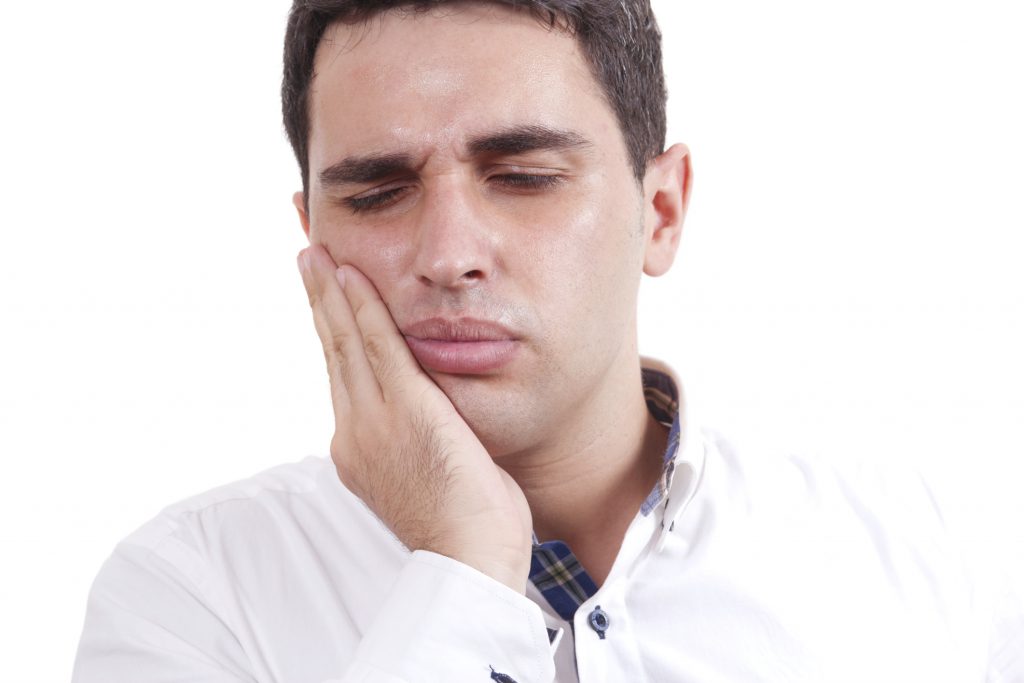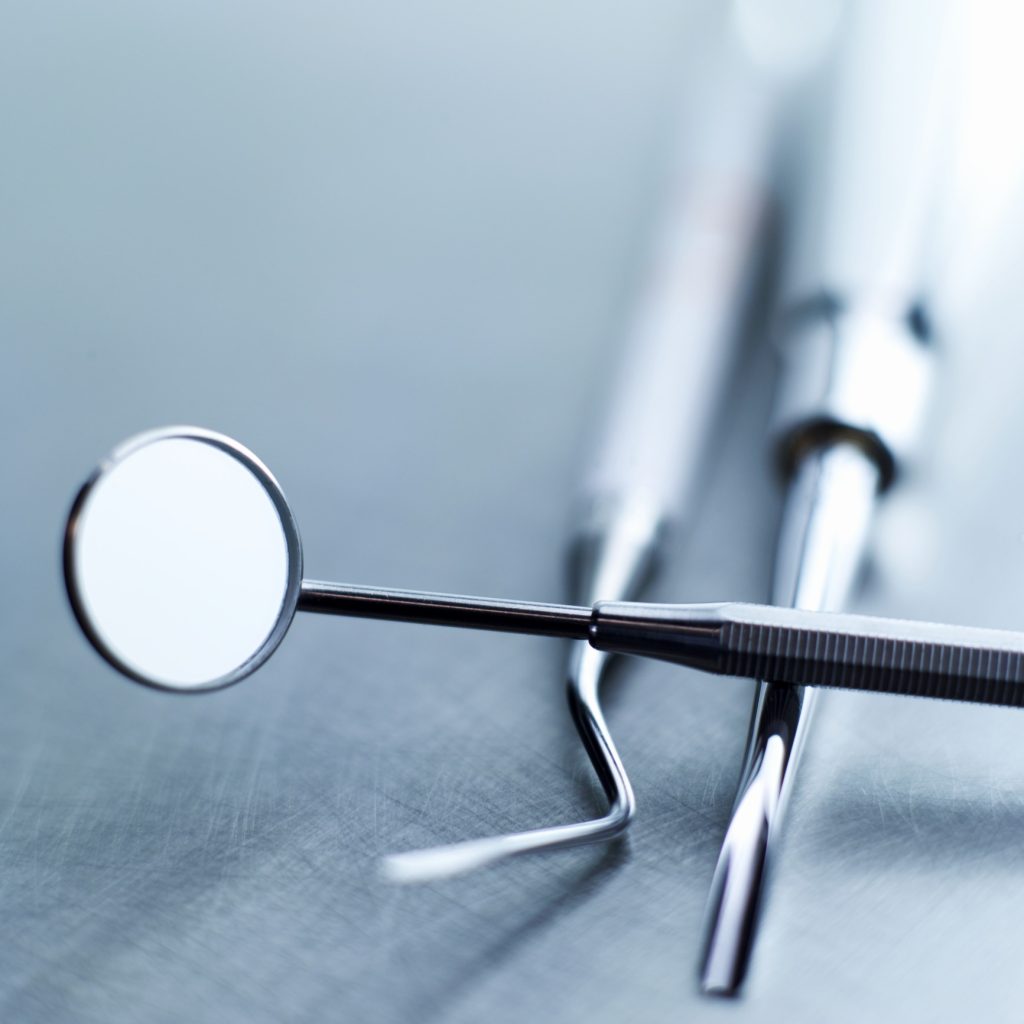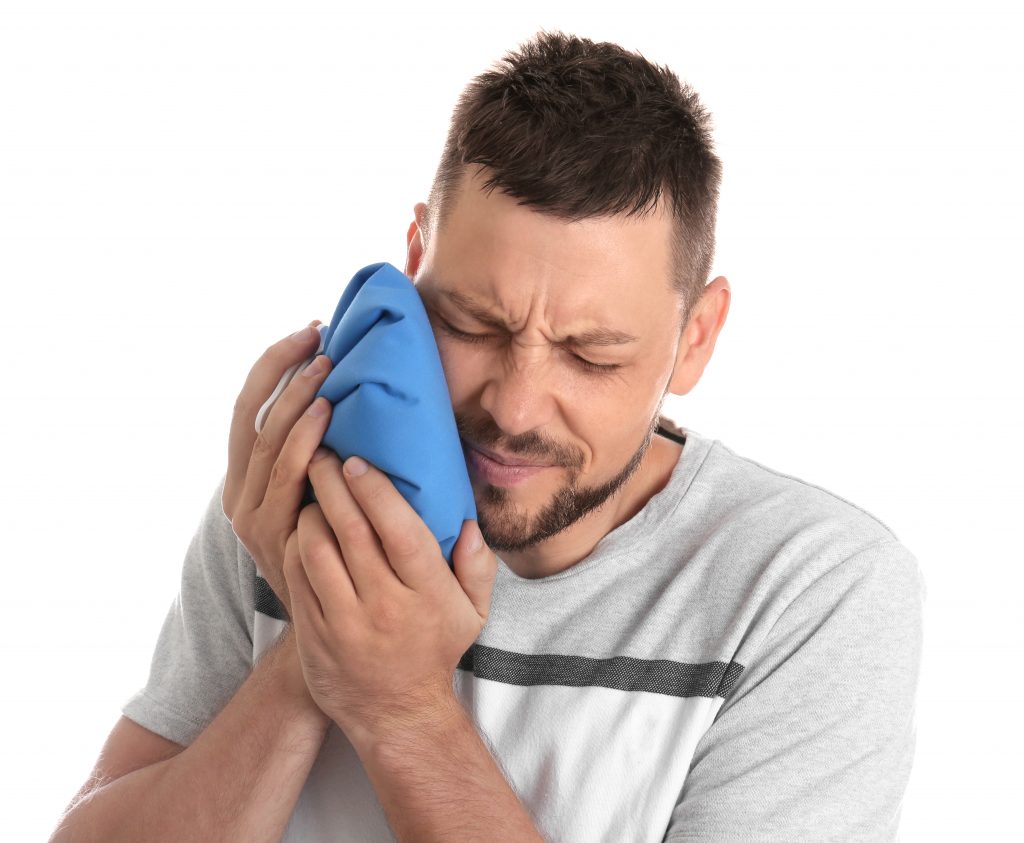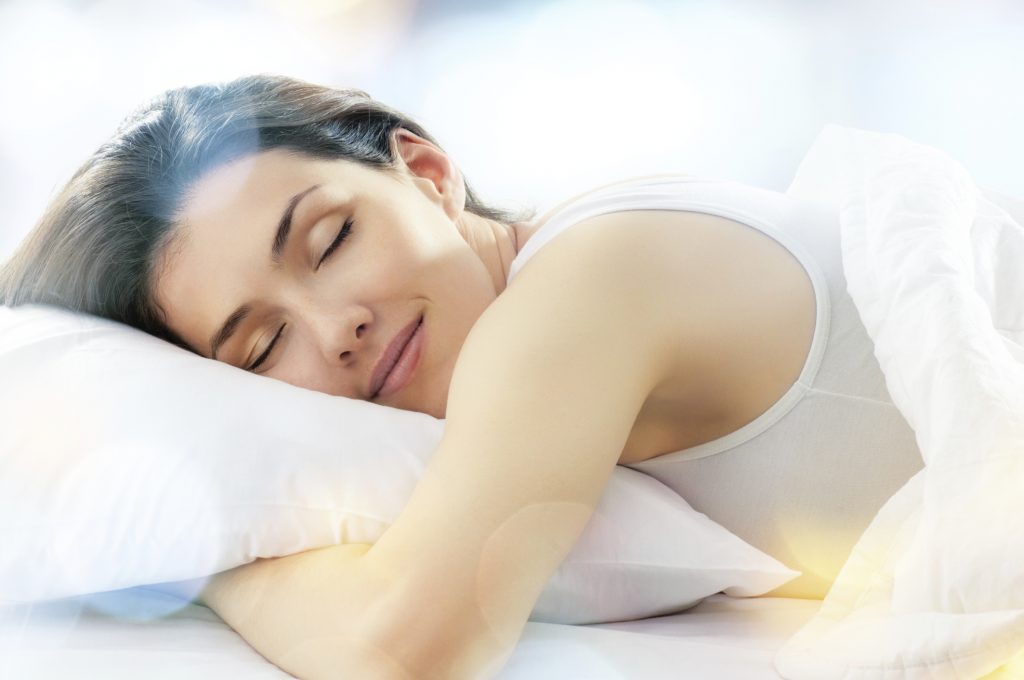Do you find yourself feeling anxious at the mere thought of visiting the dentist? You’re not alone. Dental anxiety is a common issue that prevents many individuals from seeking necessary oral care. Fortunately, there’s a solution that can make your dental experience more comfortable and stress-free: Intravenous (IV) sedation.
Continue reading “The Comfort of IV Sedation: A Gateway to Anxiety-Free Dental Experiences | Ottawa Dentist”What Is the Cause of My TMJ Disorder? | Ottawa Dentist

Sleep is a very important component to our daily lives. If it’s good, we have a productive day and a healthy start to the day. If it’s bad, not only is your disposition affected, but your health may begin to feel the effects.
That said, do you find that you are experiencing jaw pain lately? Do you wake up with a tense jaw or a headache? When your teeth are misaligned, it causes the jaw muscles to apply extra pressure to compensate for the poor alignment of your teeth, or a “bad bite.” This extra pressure increases stress on the surface of the teeth and will eventually lead to cracks, chips and jaw pain. Jaw pain results from a muscle strain placed where the upper and lower jaw meet, called the temporomandibular joint. When pain occurs, it is called TMJ disorder.
TMJ disorders are problems with the muscles or joints in your jaw. When left untreated, TMJ can lead to headaches, ear pain, bite problems, jaw pain and much more. There are several conditions that can end up causing TMJ, and you may be surprised that some are bad habits you picked up.
- Bruxism, or teeth grinding and clenching. Sufferers of bruxism often wake up with jaw or ear pain due to wear on the jaw’s cartilage lining.
- Gum chewing or nail biting
- Malocclusion, or the misalignment of teeth. Some find it hard to chew on a certain side, so they habitually chew on the other side causing excess stress.
- Previous jaw fractures or injury
If you feel that you have developed any of these symptoms, contact a dental professional for an examination. They will evaluate your symptoms and help provide treatment to alleviate your pain.
For more information about TMJ disorder, call Dr. Pliev in Ottawa, ON at 613-235-5348 or visit www.ottawadentistryonkent.com.
Dr. Konstantin Pliev proudly serve patients from Ottawa and all surrounding areas.
Back on the Grind with Your Smile | Ottawa Dentist

For many of us, grinding our teeth is a common habit we have during certain times of stress and anxiety. Unfortunately, grinding your teeth can begin to cause issues with your dental health. After all, dental wear on tear is very similar to a car’s tires. They don’t last forever if you don’t look after them. Bruxism is the excessive grinding of the teeth and/or excessive clenching of the jaw, generally while you sleep.
The problem is that many people don’t know they are grinding their teeth because they are sleeping. However, a dull, constant headache or sore jaw is a telltale symptom of bruxism. But many times, people learn that they grind their teeth by their loved one who hears the grinding at night. You dentist can also examine your jaw and abnormalities with your teeth.
So, why grinding your teeth harmful? In some cases, chronic teeth grinding can result in a fracturing, loosening, or loss of teeth. The chronic grinding may wear their teeth down to stumps. When these events happen, bridges, crowns, root canals, implants, partial dentures, and even complete dentures may be needed.
Not only can severe grinding damage teeth and result in tooth loss, it can also affect your jaws, result in hearing loss, cause or worsen TMD/TMJ, and even change the appearance of your face.
Don’t worry – there are ways to remedy your bruxism. For some, all it takes is a mouth guard while your sleep. For others, it may be fixed with meditation or a new sleep routine. If you have symptoms of bruxism, or if you are told that you grind your teeth while you sleep, contact your dental professional for a consultation.
For more information about bruxism, call Dr. Pliev in Ottawa, ON at 613-235-5348 or visit www.ottawadentistryonkent.com.
Dr. Konstantin Pliev proudly serve patients from Ottawa and all surrounding areas.
What You Need to Know About Dental Sedation | Ottawa Dentist

When a patient is nervous about a dental procedure to the point that it becomes impossible to proceed, there are steps that can be taken to not only relax the patient, but to make it as painless as possible. Not only do many dental offices provide a more relaxing environment for the patient, including spa-like amenities like weighted blankets and lavender facemasks. Sedation dentistry is also an innovative field of dentistry that is extremely useful for those who fear the dentist, hate needles, have sensitive teeth, or are immune to the numbing effects of anesthesia. Although sedation dentistry may not be right for everyone, Dr. Konstantin Pliev encourages patients who are undergoing periodontal treatment to consider sedation dentistry to ease discomfort and paranoia. Sometimes referred to as “sleep dentistry“, although that’s not entirely accurate. Patients are usually awake with the exception of those who are under general anesthesia.
The levels of sedation used include:
- Minimal. Awake but relaxed.
- Moderate (formerly called “conscious sedation”). The patient may slur your words when speaking and not remember much of the procedure.
- Deep. Patient is on the edge of consciousness but can still be awakened.
- General anesthesia. The patient is completely unconscious.
And if you are worried about sedation dentistry being safe, rest assured that integrating sedation dentistry into your procedure is absolutely comfortable and safe. Patients agree that sedation dentistry was the best option for their procedure because it allows your dental professionals to work thoroughly for maximum results. If you are interested in a way to make your dental experience as pain-free as possible, talk to your dentist during your next dental checkup. They will be happy to address any questions or concerns you may have.
For more information about sedation dentistry, call Dr. Pliev in Ottawa, ON at 613-235-5348 or visit www.ottawadentistryonkent.com.
Dr. Konstantin Pliev proudly serve patients from Ottawa and all surrounding areas.
Help for Your Bruxism Is on Its Way | Ottawa Dentist

If you find yourself constantly waking up with a dull headache, tooth pain or a sore jaw, you may want to go to your dentist to see if you’re suffering from bruxism. Bruxism, or teeth grinding, is a dental condition that affects as many as 1 out of 10 adults. Common symptoms of bruxism include neck pain, jaw pain, headache, and tooth pain. Because it generally happens while we sleep, the most common means of alleviating the pain that comes with bruxism is by wearing a dental appliance known as a night guard. If you feel that the night guard isn’t making enough of a difference, there are other alternative treatment options that you can inquire to your dentist about, such as:
Teeth straightening. Maloclussions, or teeth that are out of alignment causing an overbite or underbite has been known to contribute to bruxism. Wearing braces can help in such cases.
Proper stress management. Bruxism is also likely to be caused by anxiety, so you may want to try out certain methods of relaxation such as meditation. Professional counselling, in severe cases, may also be necessary and useful.
Dietary changes. Stimulants, such as caffeine, have been known to cause teeth grinding, so your dentist might recommend avoiding such beverages. You may also be asked to stay off antidepressants, as they may make bruxism symptoms worse.
While wearing night guards have been proven to help with bruxism, it’s wise to ask for help from a licensed dental professional.
For more information about bruxism, call Dr. Pliev in Ottawa, ON at 613-235-5348 or visit www.ottawadentistryonkent.com.
Dr. Konstantin Pliev proudly serve patients from Ottawa and all surrounding areas.
How Did I Develop TMJ Disorder? | Ottawa Dentist

Have you noticed that you’ve had a lot of jaw pain lately but can’t figure out why? Nothing has happened physically, but you can’t shake this dull headache, and life hasn’t changed enough for there to be a cause for this pain. Unfortunately, it may be time for a trip to the dentist because you may have TMJ disorder.
TMJ disorders are problems with the jaw joint. A problem with the muscles or joints in your jaw can lead to headaches, dizziness, ear pain, bite problems, jaw pain and much more. There are several conditions that can end up causing TMJ:
Bruxism, or teeth grinding and clenching. Sufferers of bruxism often wake up with jaw or ear pain. This is due to wear on the cartilage lining of the temporomandibular joint.
Gum chewing or nail biting. Using your teeth as tools is going to eventually damage your teeth, but when it begins to affect your TMJ, it may be time to break this terrible habit.
Malocclusion, or the misalignment of teeth. Some people find it hard to chew on a certain side of their teeth due to misalignment, so they habitually chew on the other side causing excess stress on that side of the jaw.
Previous jaw fractures or injury. There are times that pain take longer to present themselves, especially when the injury happens from an accident and we are left in shock. Take the time to make mental notes of changes after a trauma.
If you feel like you’re experiencing any of these symptoms and think you may have a TMJ disorder, contact your dental professional so they may evaluate your symptoms and help alleviate your pain.
For more information about TMJ disorder, call Dr. Pliev in Ottawa, ON at 613-235-5348 or visit www.ottawadentistryonkent.com.
Dr. Konstantin Pliev proudly serve patients from Ottawa and all surrounding areas.
DIY Health Tips Using Essential Oils | Ottawa Dentist

While we are still struggling through this pandemic, it is important to have a good night’s sleep. It’s also nice to have a few natural remedies for ailments on hand while waiting for doctor appointments. One of the latest trends is essential oils. If you are suffering from sleep apnea, it is important that you seek medical advice, but here are the various ways you can use essential oils to relieve your sleep apnea symptoms:
- Rubbing the oil into the heels of the feet
- Rubbing the oil into your chest, neck or under your nostrils
- Diluting the oil in a glass of water as a gargle mixture
- Diluting the oil in a spray mixture
- Using a diffuser near your bed—if you own a diffuser this a great solution as you can inhale the oil over longer periods.
There are a multitude of natural remedies that individuals who suffer from snoring or sleep apnea can use. In most mild cases, these following techniques can help or relieve this sleep disorder:
Valerian root. An herb used for calming and sedating properties, valerian is shown to be useful for insomnia and chronic sleep disorders.
Melatonin. Melatonin is a hormone that is secreted from the brain’s pineal gland. The gland regulates a person’s biological clock, particularly day and night cycles.
Kampo extract. Kampo is a concoction consisting of five medicinal herbs: Pinella, Hoelen, Magnolia bark, Perilla, and Ginger.
Vervain. Vervain is oftentimes used to relieve anxiety and depression. It has been shown to improve mild sleep apnea symptoms.
If you’re snoring or your sleep apnea gets worse and starts effecting your daily life, it’s time to make a dental appointment to evaluate your case.
For more information about essential oils, call Dr. Pliev in Ottawa, ON at 613-235-5348 or visit www.ottawadentistryonkent.com.
Dr. Konstantin Pliev proudly serve patients from Ottawa and all surrounding areas.

